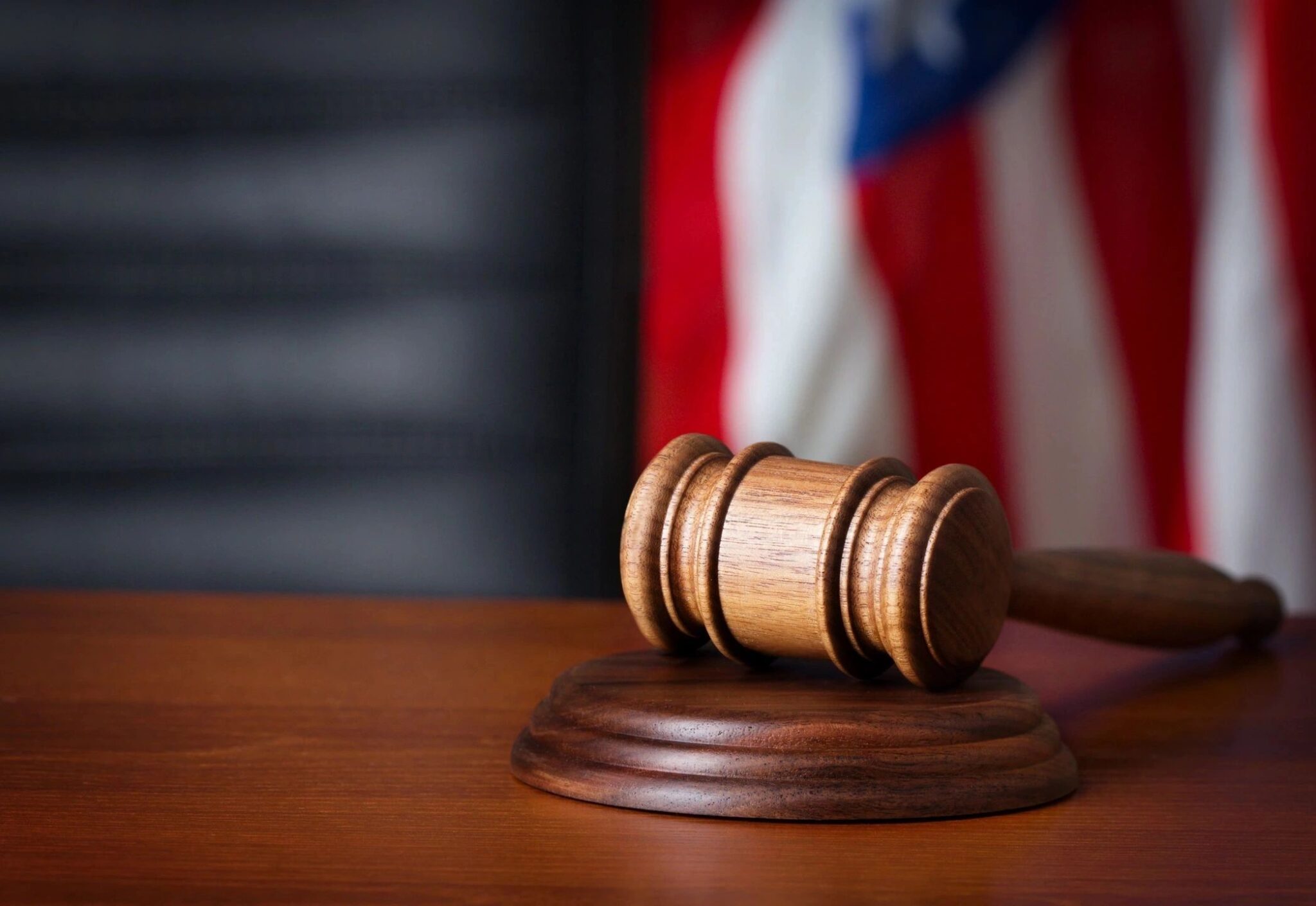
Chevron or No Chevron-What Difference Will It Make?
A significant ruling by the Supreme Court on June 28, 2024, significantly clarifies and upholds the Constitutional role of the federal courts as the arbiters of what a federal law means. Both the ruling and the precedent it abandons arose from environment related controversies. In Loper Bright Enterprises v. Raimondo, U.S. S.C. No. 22-451, a six-judge majority held that the case of Chevron v. Natural Resources Defense Council, (Supreme Court, 1984) did not correctly decide the issue of what discretion agencies of the United States should be accorded in interpreting applicable federal statutes.
The common understanding of what became known as the Chevron doctrine has been that if a law contains ambiguous language, a federal agency may interpret the language and make rules consistent with its chosen interpretation, as long as the interpretation of the ambiguity is reasonable. The courts, the Chevron decision indicated, should defer to the Agency expertise and permit the meaning the agency chose to be considered controlling.
The majority opinion in Loper Bright by Chief Justice John Roberts discusses the history of the doctrine during the last forty years, noting that it had given rise to regular and repeated deference by courts to agencies, even though, as the Loper Bright case majority decides, the vesting of statutory interpretive power, i.e. authority to say what the law is, is contradicted by federal law providing that the courts have the duty and role of determining what the law is. The decision points out a centuries long history of this concept and constitutional doctrine, going back to Marbury v Madison (1803) and originating in Article III of the U.S. Constitution. The federal law cited is the Administrative Procedures Act, which was passed in 1946 and provides the framework for agency rulemaking and judicial review of agency decisions.
The Court is saying that the deference that Courts owe to administrative agency expertise on technical issues within their Agency’s jurisdiction does not extend as far as declared by the Chevron ruling. They hold that the Congress, in creating the federal statute about administrative agency rulemaking and judicial review, expressly recognized that judges, NOT the Agencies, have the role of statutory interpretation, even where there is ambiguity.
In the case at hand, the national marine fisheries agency contended that a federal law permitted it to require American herring fishing boats to have federal agents aboard and to pay them. The plaintiffs were not in the three classes of fishing enterprises to which the law expressly allowed this practice to apply. The court said that applying the requirement to the plaintiffs was an abuse of the agency’s discretion, even if there might be said to be some ambiguity in the law the agency said it was enforcing, because the exclusion of mention of their class of fishing enterprise by the law itself meant Congress did not intend that requirement to go that far.
The dissenters in Loper Bright forecast trouble ahead for reviewing courts and indicate some ill-conceived power grabbing is going on by the majority so holding. They foresee a future of furious litigation due to the Court insistence on judges determining statutory meaning. They are sharply critical of the majority reading of the history of deference to agencies.
In the forty years that Chevron has been controlling precedent, there has been an enormous expansion of federal agencies and bureaucracy. I think the Loper Bright ruling will be important in making clear to lower courts that they have the mandated responsibility of interpreting what a federal law means, rather than deferring to the agencies that purport to act under a given law. I see the decision as keeping agencies within closer control of the law and the courts, instead of giving sway to inventive executives with sometimes unlegislated agendas.
It will take a close analysis of specific rules and cases to decide whether the ruling is pertinent in a given controversy over rules and their legality. That decision is now more securely back in the hands of judges independent of the bureau or agency creating the rule. In arenas such as environmental regulation and policy, this decision should provide people disappointed with agency rules far more leverage than they had while the Chevron doctrine controlled the Courts.
Respectfully,
Harvey
